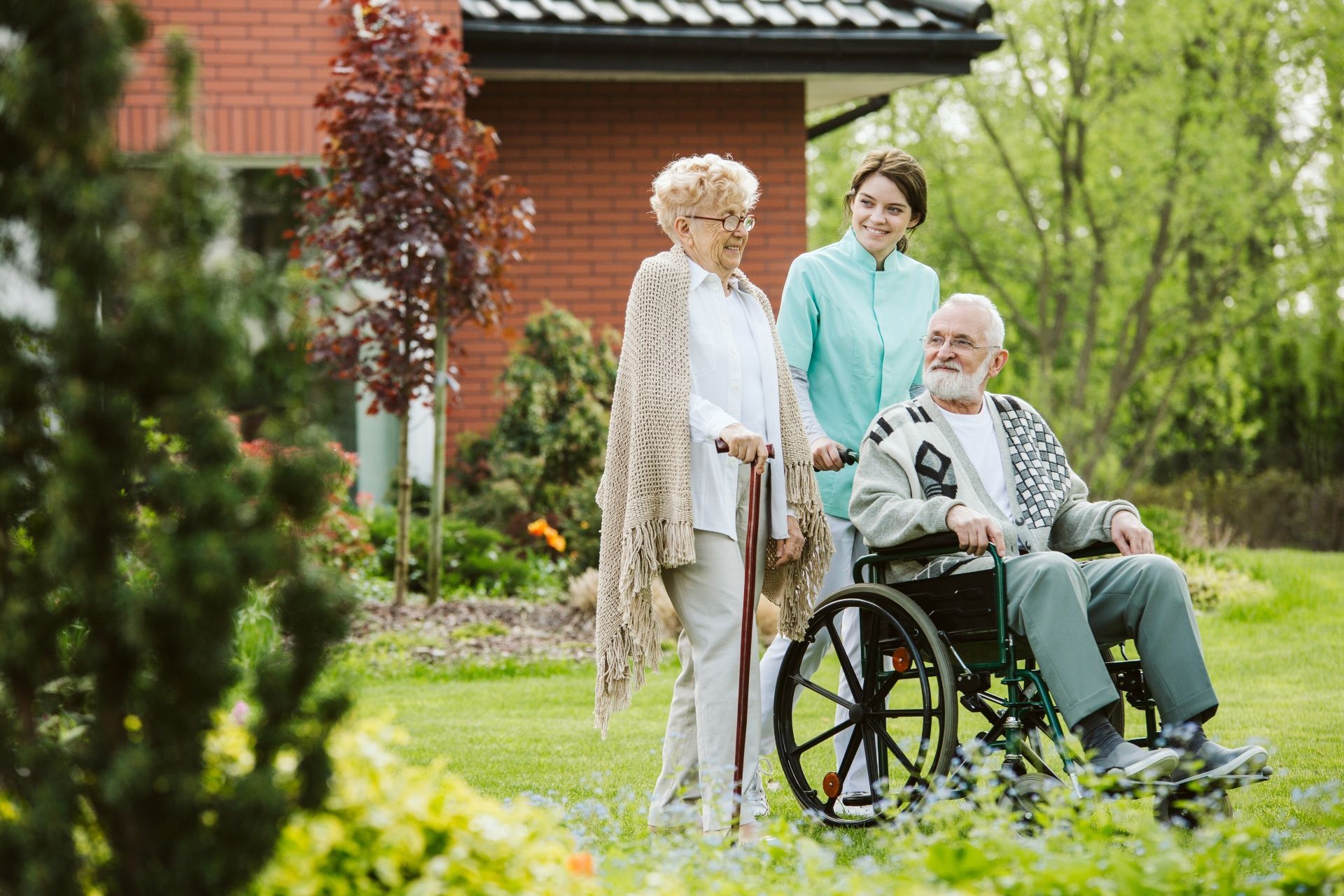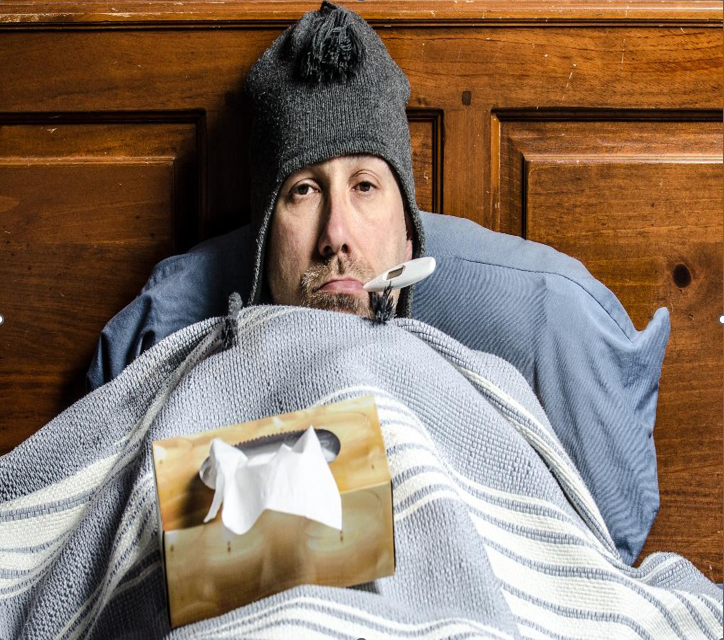Hymn to Old Age
Hymn to Old Age

In the fall of 1972, I moved to a small summer cabin deep in the northern Wisconsin forest, eight miles from the nearest town. The cabin had no electricity and no running water; when winter arrived, I had to thaw the hand pump in the backyard to get water. A 50-gallon drum buried in the yard served as my refrigerator.
While living this adventure, which seemed to be a logical next step for me, I pondered the meaning of life. For better or worse, my entire life up until that time had been an adventure. My mother died when I was three, and my four siblings and I were separated and placed in foster homes. From the age of three until my emancipation at age 18, I lived with eleven different families.
I left my last foster family after suffering an unnecessary and unwarranted beating. I got a job at a local fiberglass factory in Johnson Creek, Wis., to pay for a small apartment above the post office where I lived while I finished high school. I graduated and attended the University of Wisconsin-Oshkosh for my freshman year, but I did not have the resources to return for my sophomore year. With no family or home to return to, I left for the great Northwoods, where, from the age of seven until age 12 I had spent some of the happiest years of my childhood living with a German-American family that was willing to take in me and all of my siblings.
In my small cabin, which had no insulation to ward off the severe cold of a northern Wisconsin winter, I lived very cheaply. Rent was one dollar a day. After the first month my landlord, sensing my financial straits, generously allowed me to live there for almost a full year rent-free. I had to travel 45 miles to obtain food stamps, but there was a bookmobile stop just six miles from the cabin. That is how I discovered the writings of Hermann Hesse.
Hesse won the Nobel Prize for literature in 1946. His last novel, The Glass Bead Game, written in 1943, was the first of his books I read that long, quiet, and wonderful winter. Next, I read Demian http://en.wikipedia.org/wiki/Demian, published in 1919 under the pen name Emil Sinclair. Demian is the story of a young boy, raised in a wealthy family, whose entire existence can be summarized as a struggle between two worlds: the world of illusion (related to the Hindu http://en.wikipedia.org/wiki/Hindu concept of Maya
http://en.wikipedia.org/wiki/Maya_(illusion)) and the real world, the world of spiritual truth. That same winter I read three more of Hesse’s books: Siddhartha, Journey to the East, and Beneath the Wheel.
Hesse was a prodigious writer. In one essay, he reflects wryly on his lifelong failure to acquire a talent for idleness and speculated that his average daily correspondence exceeded 150 pages! His collected works comprise 20 volumes containing more than 14,000 pages, and his correspondence runs to about 35,000 letters. In addition, he painted more than 3,000 watercolors.
It was fortunate for both Hesse and the world that he lived to the ripe old age of 85. He was a friend of the great psychoanalyst Carl Jung, which may have helped him achieve great maturity as a human being, something that does not happen for many people. “People often become old, but rarely mature,” wrote French author Alphonse Daudet.
In a letter to a friend in 1930, when Hesse was still a young man of 58, he writes:
“Only when you grow old do you see the rarity of beauty, and what a wonder it really is when flowers bloom between factories and cannons, and poetry still lives between newspapers and stock market reports.”
From a letter to a friend a couple of years before his death, Hesse wrote,
“I would like to wish you strength and patience in the struggle with old age, in which one can also gain victory in defeat.” Again, from a letter to a friend: “The throes of death are also one of life’s processes, no less than birth, and often one can confuse the two.” And finally: “Anyone who has stepped upon the path of maturity can never lose again, but can only win. Until one day the time comes, and with one final beat of the heart escapes from the inadequate.”
We are especially blessed that in his later years Hesse wrote Hymn to Old Age, first published in German under the title Mit der Reife wird man immer junger (which translates into English as “With maturity/increasing maturity, one becomes ever younger”). It would be an understatement to say that Hermann Hesse loved nature. He took exquisite joy in observing it, feeling it, and exalting in its many moods and manifestations. He always felt young in it. At the beginning of this marvelous book, he writes:
For a single breath, I sense more profoundly than ever the transience of my form, and I feel drawn into transformation – to the stone, the earth, the raspberry bush, the tree root. My thirst is for signs of passing, for the earth, the water, and the withering of the leaves. Tomorrow, the day after, soon, soon I shall be you, I shall be leaves, I shall be earth, I shall be rooted, I shall write no more words on paper, I shall no longer carry the dentist’s bill in my pocket, I shall no longer be pestered by menacing officials demanding proof of citizenship, and so swim cloud in the blue, flow water in the brook, bud leaf on the bough, I have sunk into oblivion and into my thousand-times-longed-for transformation.
Hymn to Old Age is published by Pushkin Press, 71-75 Shelton Street, London WC2H 9JQ, Tel. +44 20 7470 8829. The direct quotes are reproduced with permission. There are many jewels of thought, poetry, and human warmth in this book. It’s worth buying and reading while sitting somewhere quiet in nature.
Robin Avery is a gerontologist and co-owner with his wife Cindy of The
Retreat at Church Ranch. He can be reached at
retreatceorobin@gmail.com



